Like Tottenham and Newcastle, Liverpool have turned to the government’s furlough system to pay staff in the coronavirus pandemic, but it is patently wrong to do so.
Liverpool released a “COVID-19 update” on Saturday afternoon, announcing that some of the club’s non-playing staff will be placed on furlough.
The move will apply to around 200 workers who have been affected by the lack of football being played as well as the closing down of club shops and other operations while the Premier League is on hold.
The announcement stated that the club will continue to make sure these staff members receive 100 percent of their wages.
What wasn’t clear was the fact that 80 percent of these wages, up to a monthly cap of £2,500, will be paid for by the government and, ultimately, the taxpayer, with Liverpool topping up the other 20 percent—or more in the event any of these workers are on more than £2,500 per month.
“Liverpool FC has placed some staff who are impacted by the Premier League suspension on furlough,” read the statement.
“The club has confirmed those staff will be paid 100 percent of their salaries to ensure no member of staff is financially disadvantaged.
“Last month the club also confirmed that it would pay its matchday and non-matchday staff while the Premier League is suspended.”
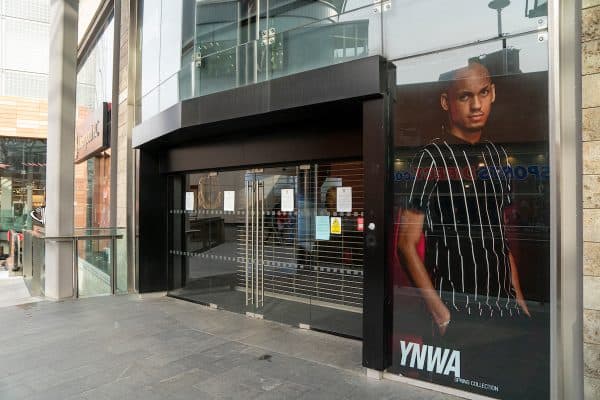
Though the 80-20 split wasn’t indicated in this statement, perhaps intentionally, the use of the word “furlough” reveals that they will be using the government scheme.
For a club owned by a billionaire to be using government money, state money, ultimately taxpayer money, in order to make up for some of their losses during this time is, to put it mildly, irresponsible.
It is especially so when as much money and resources as possible are desperately needed in those areas of society tackling the coronavirus head on, and dealing with the numerous issues it raises for the most vulnerable within communities.
Jurgen Klopp showed compassion for all at the start of this pandemic, senior players heavily involved in @premierleague players taking wage cuts. Then all that respect & goodwill is lost, poor this @LFC https://t.co/9bE8Rw1veE
— Jamie Carragher (@Carra23) April 4, 2020
The club does a lot of good work in the community through Red Neighbours and supports numerous local charities and organisations, but a business manoeuvre such as this must be disheartening for those involved in these areas, as well as for many supporters.
Given the awareness shown by several players, as well as manager Jurgen Klopp, around such issues, there might be a number of people throughout the club who won’t be too pleased with this decision.
Lots of 'it's practical' talk, but a disappointing move from Liverpool, who made a pre-tax profit of £42m and increased turnover to £533m in 2018-19 and are owned by a man with a net worth upwards of £2bn. Undercuts a lot of the good work they've done during this crisis.
— Melissa Reddy (@MelissaReddy_) April 4, 2020
Players have led the way
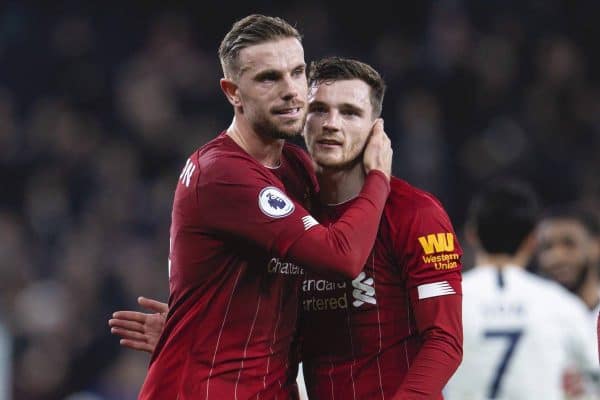
A large, anonymous contribution recently made to a Glasgow foodbank was believed to be from Andy Robertson.
No PR spin, no publicity, just a contribution to where it was needed from someone with money to spare and remembers their roots.
Robertson probably hated the fact that the Times found out he was the source of the donation.
Thanks to the Scottish footballer who donated a large sum to the following food banks, including us; @GSWfoodbank @Glasgow_NW_FB @GlasgowSEFBank @CR_Foodbank and East Renfrewshire Foodbank. Without the support of generous individuals we would struggle. We cannot thank him enough
— GlasgowNEfoodbank (@GlasgowNE) March 18, 2020
The Liverpool squad, along with Red Neighbours and the LFC Foundation, contributed £40,000 to Fans Supporting Foodbanks—an increasingly vital resource as shopping for supplies has been difficult even for those who can afford them, let alone those who need to use foodbanks.
Then, Jordan Henderson led the call for Premier League players to give up some of their salaries to help the NHS and various causes during this time, which would mean they still receive their wage as normal, so their tax would still be paid as normal, but they would be giving money to where it is most needed.
The club’s move to take government money to pay wages which are a drop in the ocean to them is undoing these positive contributions from the players, both financially and ethically.
Let's say it's 200 staff at an ave. of £1,800pcm for 2 months. That's £720,000 getting taken out the public purse from a company that filed £42m profit last year.
It's will take more than £720,000 in PR costs to turn public opinion around. Disappointing and baffling decision.
— Daniel Nicolson (@danielnicolson) April 4, 2020
This is part of the reason the players, via the PFA, have not bowed to the pressure being put on them to take a wage cut.
It’s a heated topic in the football bubble at the moment. Why don’t the players take a pay cut?
The better question would be, why did the Tories target Premier League footballers for criticism, and not the even richer club owners? (Or other larger businesses…)
Looking beyond the huge sums Premier League players earn, it’s really no surprise that the Tories’ target was not the clubs and their owners, many of them billionaires, but the players.
Many footballers are from working-class backgrounds. They also happen to be, and/or have worked hard at being, really good at a sport which can earn them a lot of money regardless of their class, background or upbringing.
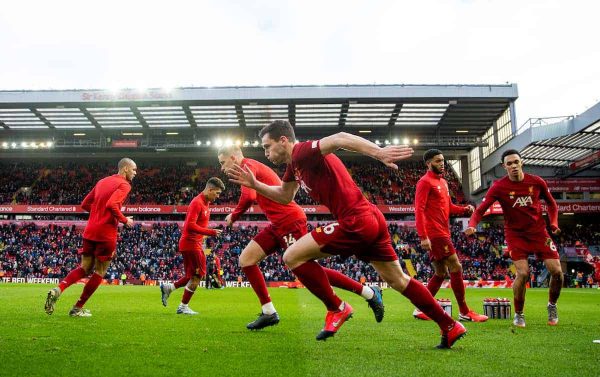
This doesn’t sit well with right-wing governments who like the money to remain in the hands of the ruling elite, whether they be monarchy, high-ranking politicians, bankers or any of the big businesses and corporations who help them ensure this money remains their hands and doesn’t filter down.
Should players be forced to take pay cuts? No. The amount of tax they pay (if they pay it as they should) is useful in itself, and a pay cut would just be saving the owners money rather than it going to where it is needed.
Should those with surplus money (which is most Premier League footballers) be choosing to give their money to where it is needed in order to help during this crisis? Yes, and the PFA have indicated that this is what the players want to do, but they are also aware that a salary reduction would only benefit the club owners, and not necessarily the areas of society most in need of funds.
“Taking a 30 percent salary deduction will cost the Exchequer substantial sums,” read a PFA statement on behalf of the players.
“This would be detrimental to our NHS and other government-funded services. The proposed 30 percent salary deduction over a 12-month period equates to over £500 million in wage reductions and a loss in tax contributions of over £200 million to the government.
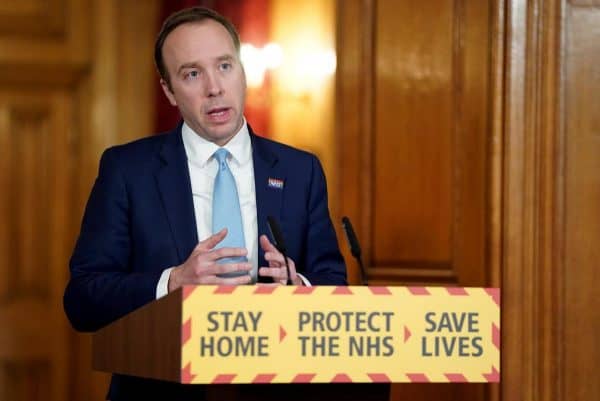
“What effect does this loss of earning to the government mean for the NHS? Was this considered in the Premier League proposal and did the Health Secretary, Matt Hancock, factor this in when asking players to take a salary cut?”
The NHS should not be seen as a charity, but the fact it has been underfunded for so long comes on the back of 10 years of a Conservative government.
Putting the onus on the players is a handy get-out for the Tories and the billionaires they support across all industries.
Socialism for the rich…
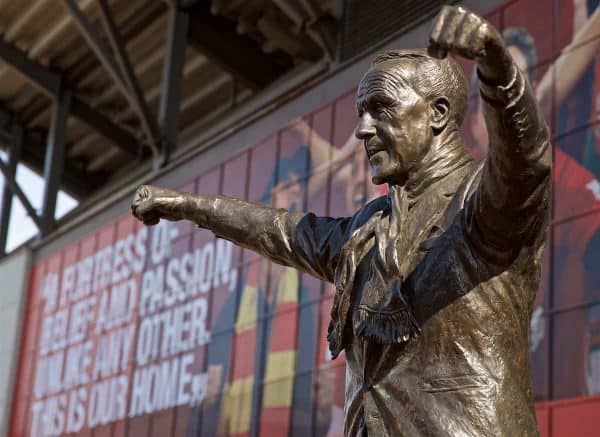
Liverpool supporters might have expected their club to be different to the likes of Spurs and Newcastle, and they had committed to paying staff in full for the rest of the season. But even though they are still being paid in full, the club are no longer footing the full amount.
Next time someone at ownership level trots out ‘This Means More’, ‘You’ll Never Walk Alone’ or some mention of Shankly’s values, these will now feel like little more than PR platitudes. Hollow marketing slogans.
CEO Peter Moore almost admitted as much when, in an interview with Spanish media outlet El Pais, he alluded to using Shankly’s beliefs in their marketing.
“Even today, when we talk about business, we ask ourselves: ‘What would Shankly do?’. What would Bill say in this situation?” said Moore.
“He was a true socialist who believed that football consisted of working together. In the marketing department, we met and said: ‘Let’s put this into words’.”
What would Shankly do in this situation?
As Mirror columnist Brian Reade pointed out: “Doubt he’d have said let the taxpayer pay some wages when you’ve just made £42m profit.”
Football clubs *are* held to different standards. I haven’t obsessed over McDonalds or British Airways since I was a kid. They don’t represent me or the community I come from. I like to think LFC do. Or should do. A decision has been made from high up and it doesn’t sit right.
— Gareth Roberts (@robbohuyton) April 5, 2020
The list of companies who shouldn’t be taking this handout which was, according to the BBC, “designed to support firms that have been badly hit,” is long but depressingly unsurprising. And many aren’t even topping up wages to 100 percent as Liverpool are doing.
The likes of Virgin Atlantic owned by billionaire Sir Richard Branson and Topshop owned by billionaire Sir Richard Green (there is a knighthood theme here too), Wetherspoons and McDonalds, are all rich enough to pay workers through this period, but are all turning to state funding because it saves them a few pennies.
The rich are big fans of state benefits and socialism at times like this, just as the banks quite liked it when the taxpayer bailed them out in 2008, but they return to their quest of making sure these benefits don’t apply for the poor, or make sure they are vilified for claiming them, as soon as they are out of the mire.
Think about the degree of stigmatizing and the endless attacks on those individual people who seek benefits….
— Sid Lowe (@sidlowe) April 4, 2020
When front-line NHS workers are still without the required personal protective equipment, putting their lives in danger every minute of every day in order to help others, and when the social care sector is more strained than ever, as much state money as possible is needed at the face of the crisis and the support structure behind it.
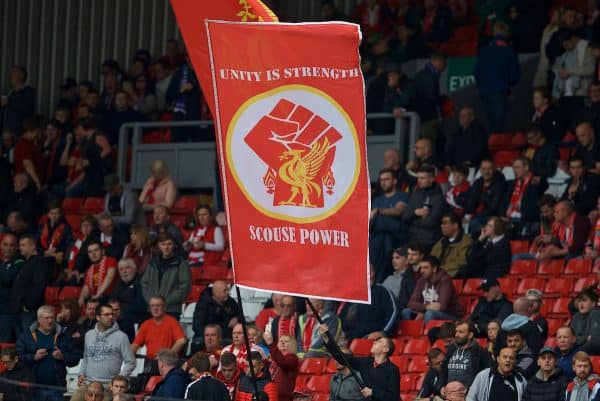
It is needed in communities like those around Anfield, St James’ Park and the Tottenham Hotspur Stadium.
It might ultimately be given by the players, while the clubs take away, yet the players are still the target.
It definitely isn’t needed by football clubs and other big businesses run by billionaires who want to save an amount of money which barely registers in their accounts.
Even if Liverpool go back on this decision, which may be the right thing to do and be another example of Fenway Sports Group listening to the supporters, this initial decision will still leave a sour taste and alienate even more fans who are getting increasingly sceptical of the way many football clubs are run.
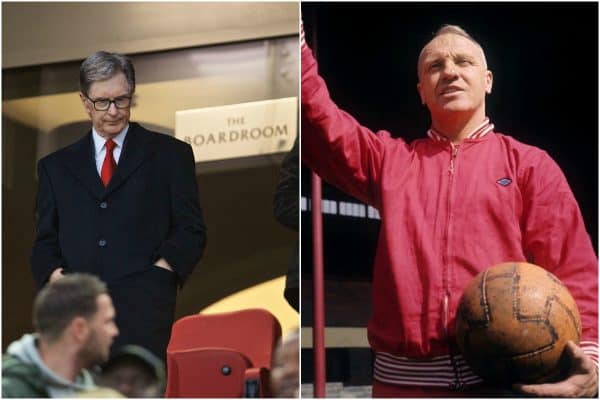

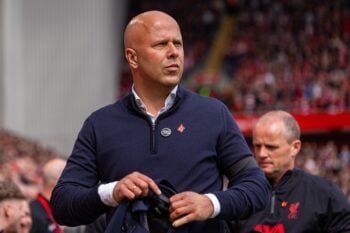
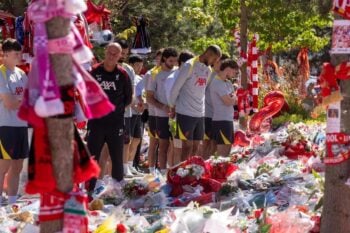


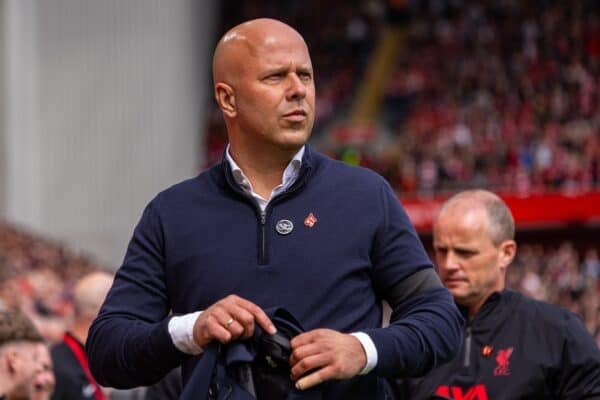
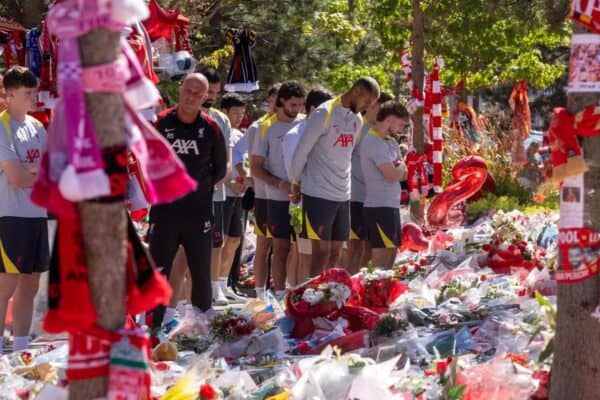
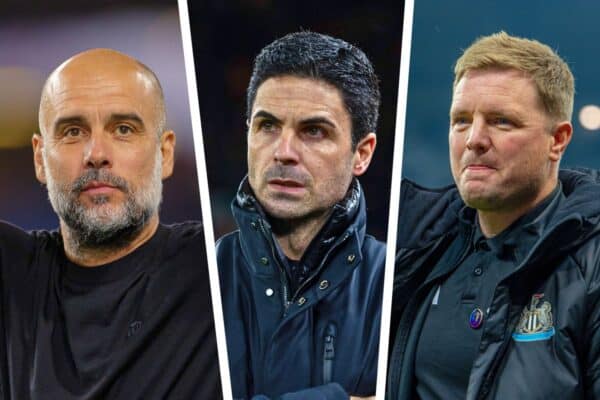









Fan Comments